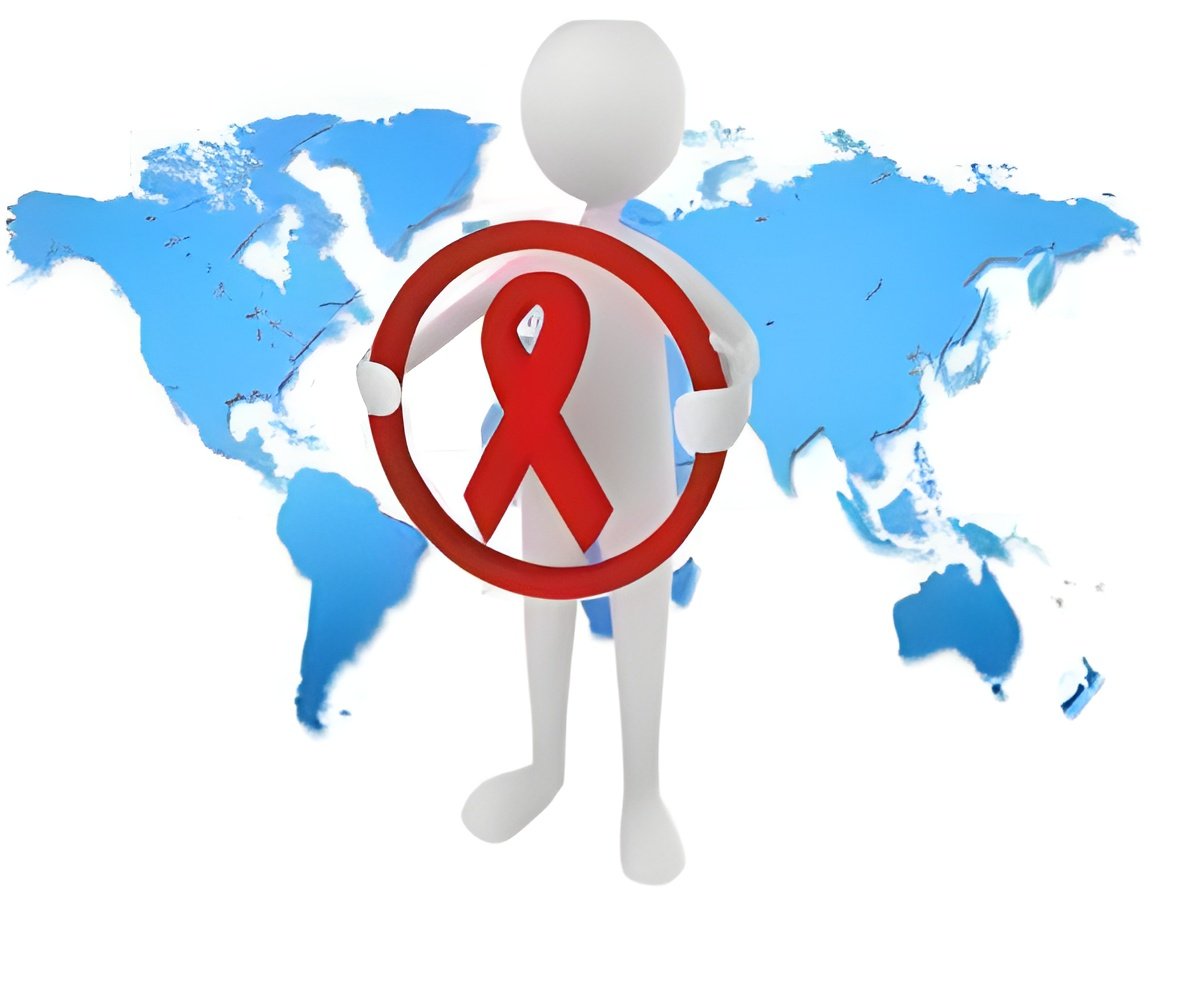A new report by UNAIDS reveals that while the spread of AIDS in Latin America and the Caribbean is under control, further efforts to stop the spread of the disease is being hampered.

"Latin America maintains a relatively stable epidemic and has made progress with respect to treatment," said Pedro Chequer, UNAIDS coordinator in Brazil.
The agency noted that last year, 99,000 people got infected with the HIV virus in the region where broad coverage in anti-retroviral treatment significantly helped reduce mortality rates.
In the early 2000s, 63,000 people died of AIDS every year due to the disease in Latin America, compared with 57,000 in 2011. The figure fell by half in Central America and the Caribbean, from 20,000 in 2001 to 10,000 last year.
With greater access to anti-retroviral drugs, AIDS has stopped being "a death sentence to become a chronic condition," Chequer said.
Despite the progress, the region in general faces a "worrying wave of conservatism, notably with restrictions to access to condoms, for example in schools," Chequer said without elaborating.
Advertisement
And not enough is being done to bolster actions to denounce the stigmatization of the most vulnerable people.
Advertisement
Chequer said Brazil was one of the countries which records the biggest number of homophobic crimes in the world.
"In 2011 alone, there were 280 crimes, well ahead of Mexico and the United States," he added.
However UNAIDS underscored Brazil's role in spreading AIDS treatment.
This country produces 10 of the 20 AIDS drugs and distributes them to countries in Africa and Latin America.
Brazil also distributes half a million condoms free of charge every year.
Late this week, it will inaugurate in Mozambique a drug manufacturing plant for AIDS treatment in Africa, the region hardest hit by the scourge.
Source-AFP














